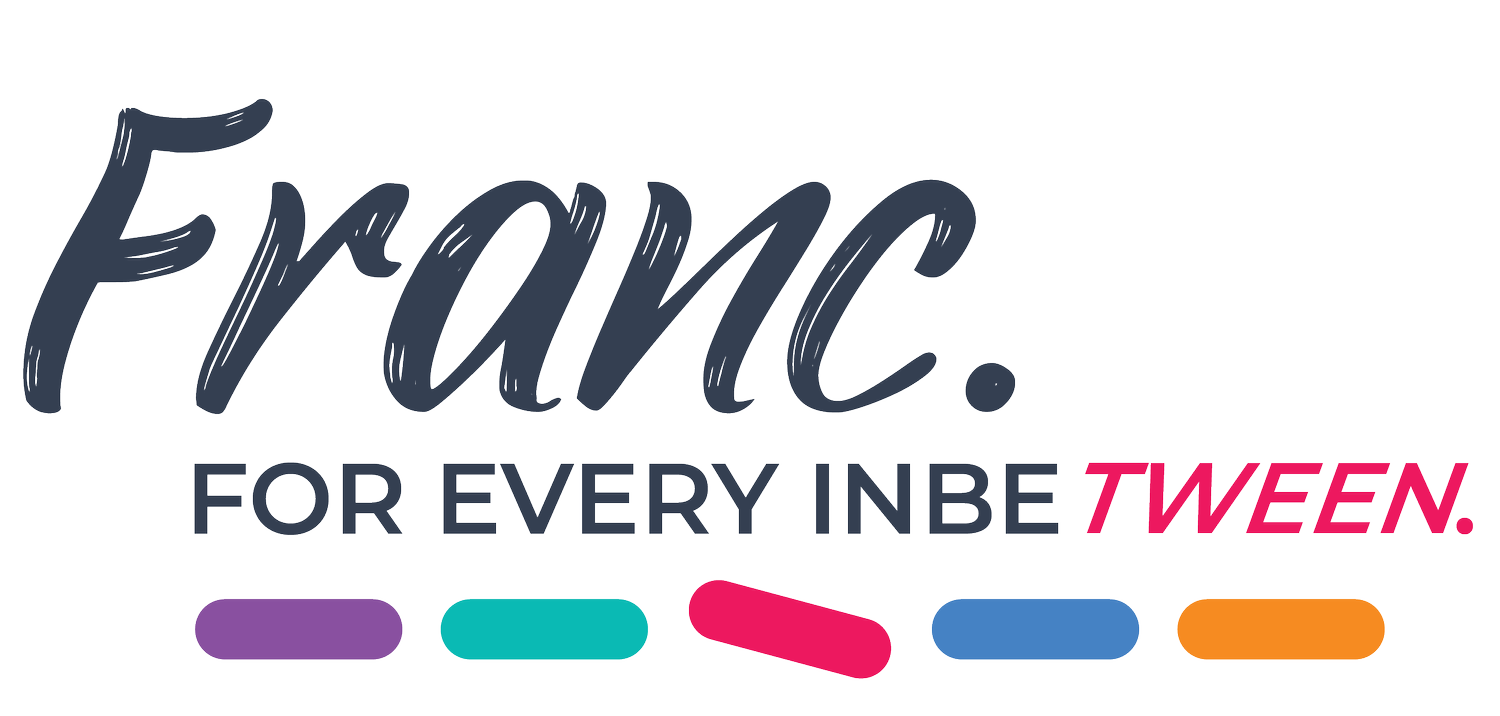The Tween Guides
Franc.World is committed to educating our tweens and empowering the next generation of Australian women. Each month, our team of writers will focus on a topic of interest, from mental health and psychology to nutrition and exercise.
Designed to prompt further discussion with our girls and based on factual research, opportunities are available to sponsor Franc.World articles as well as for guest contributors and written submissions.
PART SIX: Financial Literacy
Growing up, moving out, trading up, settling down. Every move into adulthood requires money and yet the financial literacy of Australian young people is declining. Indeed, in the OECD’s 2018 Program for financial literacy assessment, data shows that the performance of Australian students has continued to fall since 2012. Years ago, investments for a child’s future typically consisted of savings accounts and savings bonds. However, times have changed and so have investment opportunities for tweens.
PART FIVE: Mindfulness
Teaching your tweens (and teens) mindfulness exercises need not be a difficult task. In fact, with just a few simple techniques, we can teach kids to feel calmer in everyday life.
PART ONE: Resilience
Everyone experiences ups and downs in life, whether it be everyday challenges, like; studying for that all important exam, moving houses or schools and changing friendship groups - or events with a more lasting impact, such as a serious illness, the death of a cherished pet or a loved one. Life’s twists and turns will affect different people in various ways.
PART TWO: Anxiety
Research suggests that half of all the mental health conditions we experience at some point in our lives will have started by age 14. This staggering revelation is not surprising perhaps given that adolescence is a time of emotional, physical and social change.
PART THREE: Responsibility
It is sometimes a difficult notion to tackle – especially in the world of a tween - in amongst the myriad changes they are already facing, including social, physical and emotional challenges. Yet taking responsibility for one’s own thoughts and actions is a powerful and necessary lesson to learn…
PART FOUR: Confidence
Just before our tween years begin - up until the age of 8 – there is no discernible difference between confidence levels in boy and girls. Recent research however shows that from ages 8 to 14 boys are more likely than girls to describe themselves as confident, strong, adventurous and fearless. In stark contrast, girls' confidence drops by 30% between the ages of 8 and 14. In addition, once this confidence gap opens, it often fails to close in later life.







